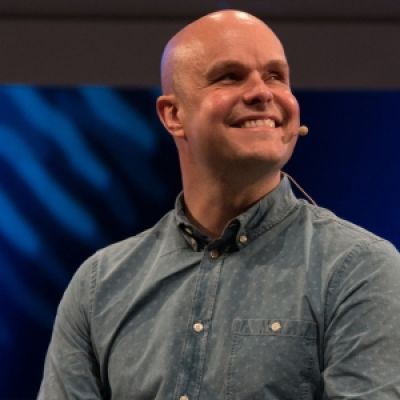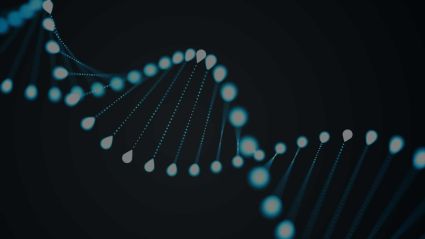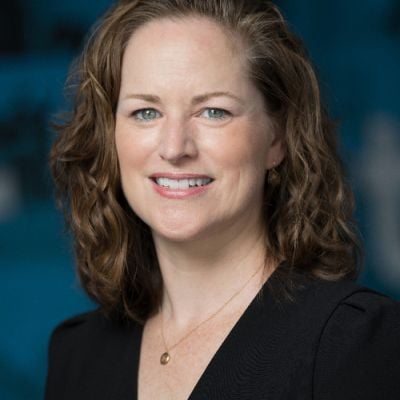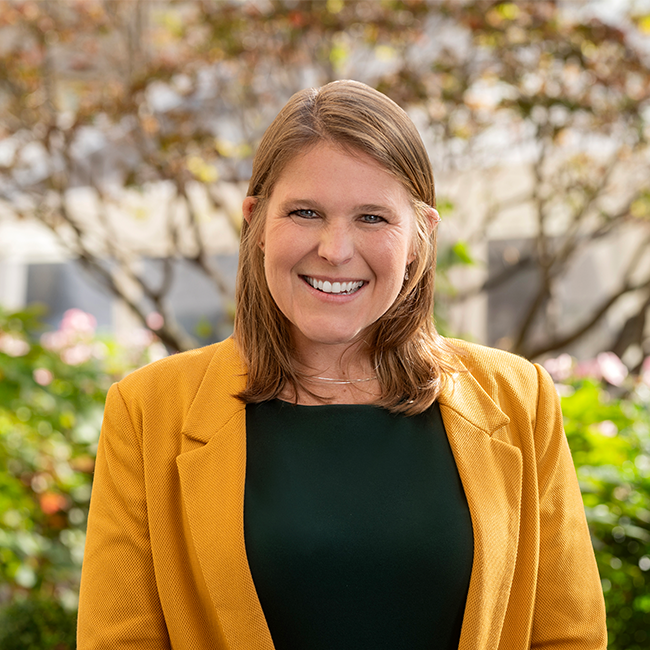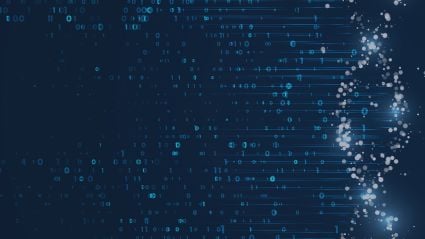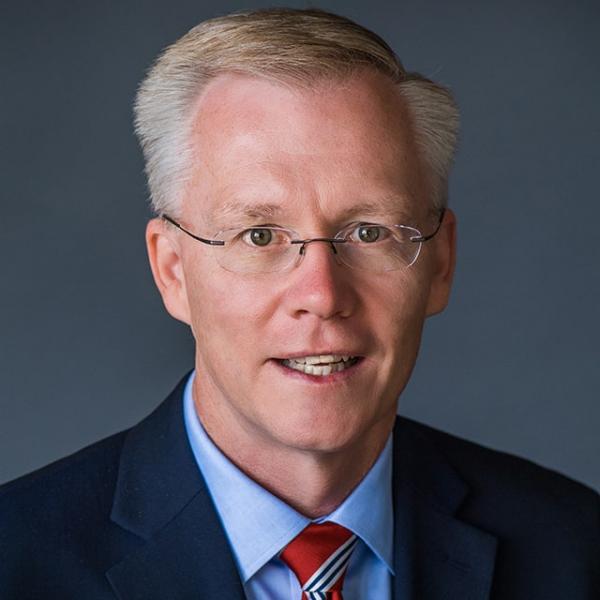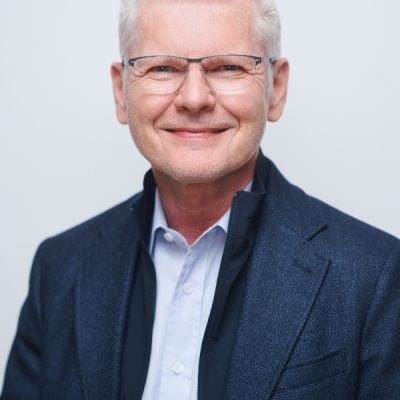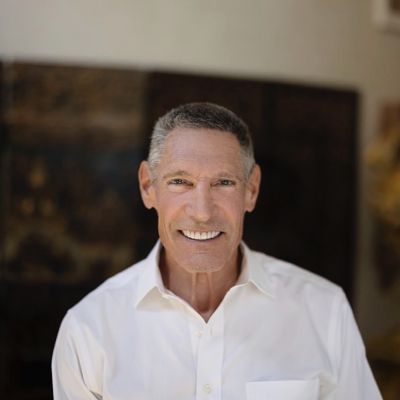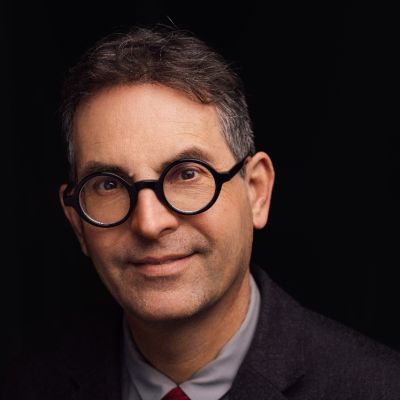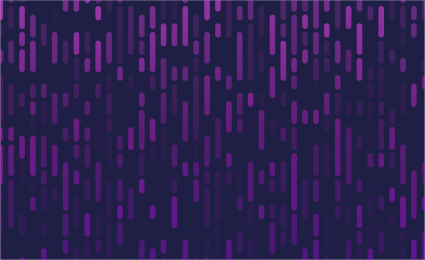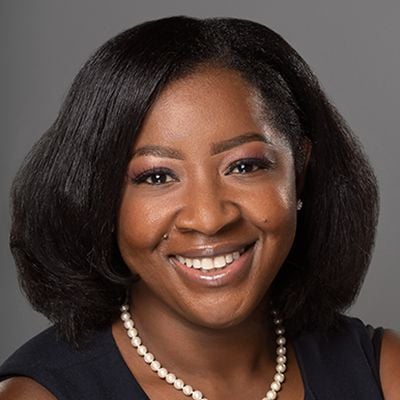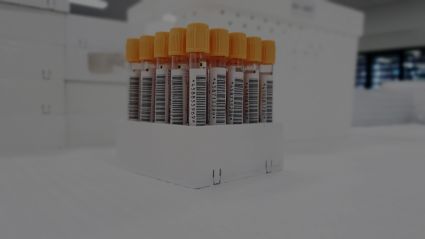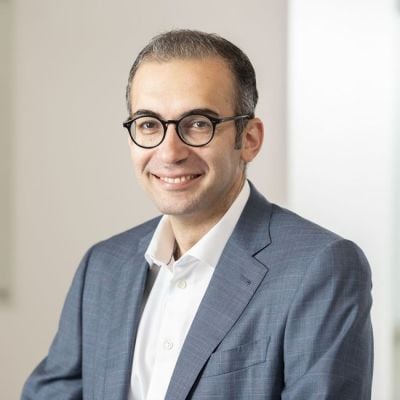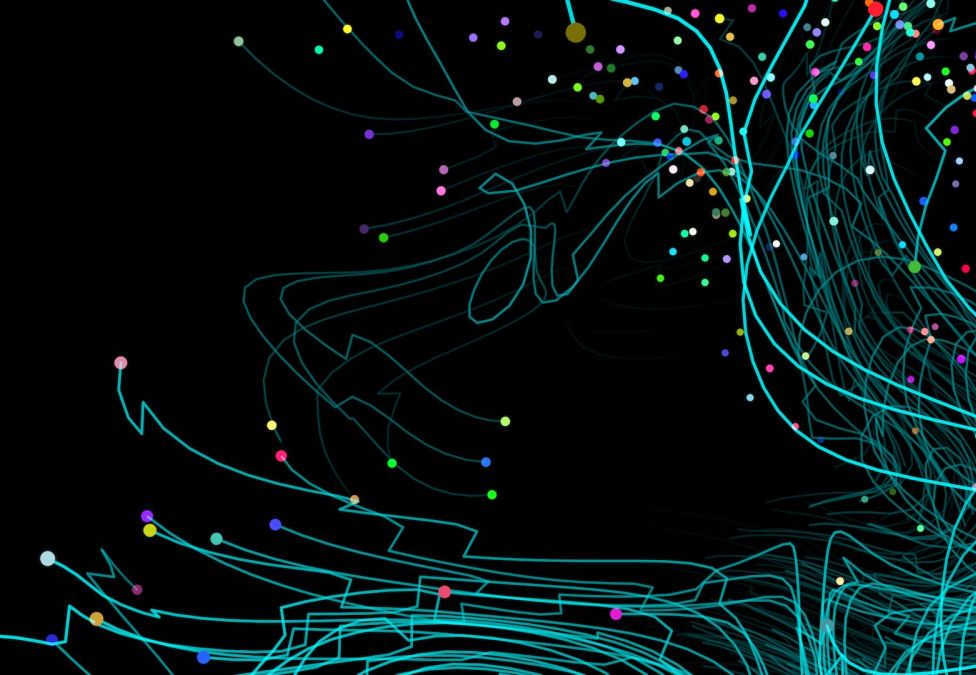
Sir Ernest Shackleton’s thwarted but ultimately heroic Arctic Endurance expedition, BP’s oil spill in the Gulf of Mexico, and the San Jose copper mine collapse that trapped 33 Chilean miners underground. These are some of the challenges at the extremes of human experience that have helped me find meaning in life after losing my sight in 1998 and becoming paralyzed in 2010.
In 2009, 10 years after going blind and one year before breaking my back, for 43 days I followed in the footsteps of Shackleton, Scott, and Amundsen—the polar explorers who carved those first trails into the ice in Antarctica—becoming the first blind person in the world to race to the South Pole.
Our three-person team had been carrying a flag covered in photos of more than 500 friends and family members, training buddies, financial sponsors, and experienced explorers who’d offered their time and advice. Planting our flag at the bottom of the world was an epiphany for me. It validated the collaborative approach that I had used to develop teams and rebuild my identity as an adventure athlete after losing my sight.
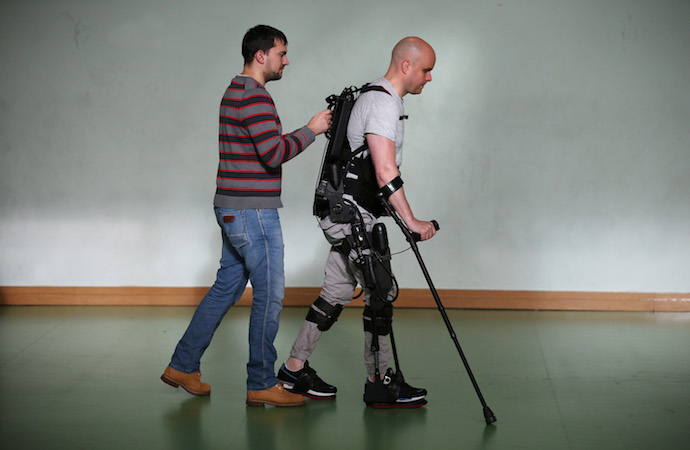
One year later, I broke my back in a fall from a third-story window that nearly killed me. It left me paralyzed, and as I lay in hospital, I discovered that spinal cord injury strikes at the very heart of what it means to be human. It turned me from my upright, running, jumping form into a seated compromise of myself. And it’s not just the lack of feeling and movement—spinal cord injury also interferes with the body’s internal systems that are designed to keep us alive. These are the things that exhaust even the most determined of the 60 million people around the world who suffer from some kind of paralysis.
Of course, the formal medical system is typified by established hierarchical structures, and slotting into that system is why I’m still alive. But curing paralysis will not happen within these rigid systems. Finding a cure is a classic challenge of exploration where knowledge is imperfect and results uncertain. To get there, we need a collaborative effort.
Now I’m on a new expedition, this time to cure paralysis in our lifetime. For me, finding meaning in this new life has become defined by catalyzing worldwide collaborations that have never been done before in order to break through silos across disciplines and institutions and accelerate progress towards the cure.
Since 2011, alongside my team, we have developed research projects valued at over $5 million, involving Ekso Bionics, Trinity College Dublin, Dublin City University, University of California, Los Angeles, and Houston Methodist Research Institute. In addition, I co-created the Druid Collective, an initiative within the World Economic Forum, to connect science and technology spin-out companies with relevant expertise and capital. And, we have facilitated the formation of a $5 million venture philanthropy fund with a Silicon Valley VC and US philanthropic foundation to help with early-stage funding of trans-cutaneous spinal stimulators. This has led to a merger with a European company, valued at multiples of our initial investment fund.
"On my current expedition to cure paralysis, I am finding and working with incredible pioneers all around the world who too often work in isolation."
Today, in this work, I feel more aligned with the Polar explorers than I ever did racing to the South Pole. Like those early geographic expeditions into the unknown, there was no individual hero. The true story was always one of collaboration. And, on my current expedition to cure paralysis, I am finding and working with incredible pioneers all around the world who too often work in isolation. We know that no individual scientist, academic institution, commercial entity, or philanthropist is going to solve this particular problem on their own. That is why we must find a way to work together.
We need structure and hierarchy to solve life’s predictable problems. But when a crisis strikes and the path forward is uncertain, we need something different. We need flatter collaborative approaches with enough of the right people having the will to make it happen. It requires us to behave like explorers, galvanizing a disparate group of people around a common goal. And, it is in bringing people together to solve complex problems that I now find meaning.
